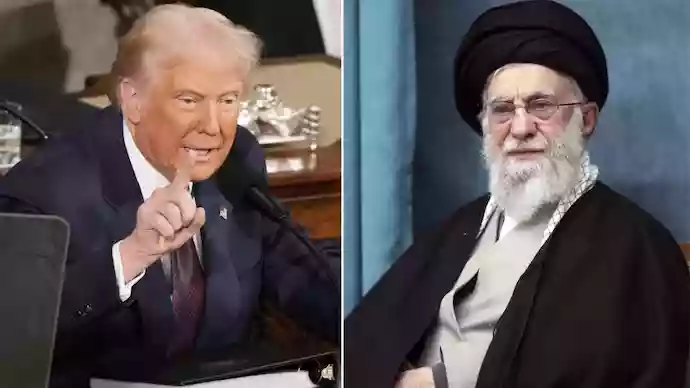South Bengal gets new rail connectivity: Purulia-Bankura-Howrah MEMU service inaugurated today
.gif)
.gif)

Tensions between the United States and Iran have escalated sharply after former US President Donald Trump issued a direct threat of bombing Iran if it refuses to agree to a nuclear deal. In response, Iran has placed its underground missile arsenal in ready-to-launch mode, signaling its willingness to retaliate if necessary.
On Sunday, Trump stated that bombing Iran remains an option if Tehran does not comply with US demands. "If they don’t make a deal, there will be a bombing. It will be bombing the likes of which they have never seen before," Trump warned. He also mentioned that Iran could face “secondary tariffs” as additional punishment.
Following this, Iranian state-controlled media Tehran Times reported that underground missile sites across the country have been activated and prepared for potential strikes on US-linked positions. These facilities are fortified to withstand airstrikes, making them a key part of Iran’s defense strategy.
While the US has doubled down on its demand to halt Iran’s nuclear program, Tehran has ruled out direct negotiations with Washington. However, Iranian President Masoud Pezeshkian clarified in a televised address that indirect talks remain open. “We don’t avoid talks; it’s the breach of promises that has caused issues for us so far,” he said, adding that the US must prove its reliability.
In response to Iran’s stance, the US State Department reaffirmed that Washington will not allow Iran to develop a nuclear weapon, emphasizing that "bad consequences" await Tehran if it does not agree to a deal. Meanwhile, Trump’s aggressive rhetoric has drawn both support and criticism, with global leaders closely monitoring the situation.